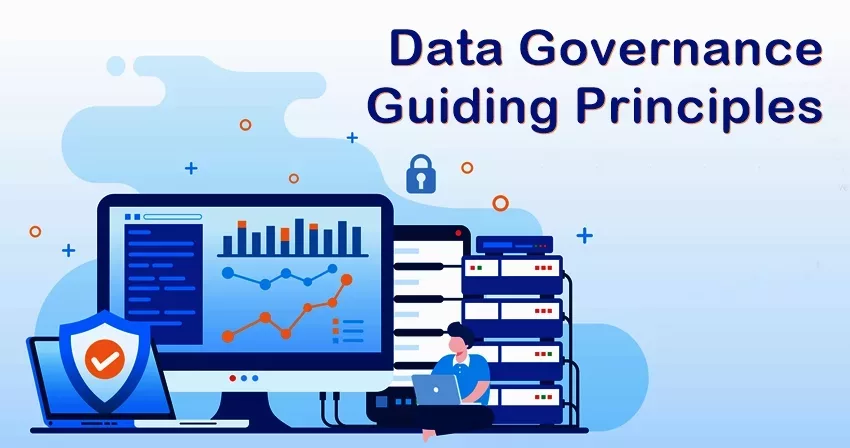Data is the new gold, and like all things shiny, companies are unable to take their hands off it. Today’s modern world runs on big data and machine learning with data being the source of fuel.
But like with everything else that holds as much value, there are rules and laws that govern it.
Right from storage to usage and security, data needs to be handled with care at all times. Else it can be misused by the wrong hands.
The entire US Election fiasco over Facebook’s data, which landed Mark Zuckerberg in court, is known to everyone.
So, what are these rules? And how does one go about them? We have a list of 7 principles that govern all data that is used.
These will ensure that your enterprise is secured from most challenges while handling extensive amount of data.
List of Data Governance Guiding Principles
Integrity is the most important principle. Whether the data you have, is being used in the right way depends on the entity using it.
If their means and goals are ethical, then the integrity of data is maintained.
All the participants using the data must be truthful and forthcoming across all decisions taken about the data. This can include decisions about actions, impacts, constraints, etc.
Whenever data is to be used, proper transparency needs to be maintained at all times. All the parties using the data or whose data is being used, have to know how it is used.
Every decision of usage and control must be effectively communicated to all the parties involved. This avoids any possible issues that might arise in the future.
It is necessary to define the ownership of the data. The access rights should be specified through proper processes.
Any data that is used across functions is covered under data governance.
Hence, all decisions, processes, and controls about data, i.e., its accountability, are defined by data governance.
Also Read: Data Abstraction Levels Explained
The next essential principle to abide by is stewardship. Along with accountability comes responsibility.
It is necessary to appoint a data steward in any organization. The data steward will be responsible for making sure that all the rules and regulations are followed.
This is also applicable in the case of groups of stewards. They are responsible for how the data is utilized and stored at all times. They must always ensure that the best practices are followed for the data.
Standardization of Data
Many teams in an organization use the data. This could mean that the data in one format might not be compatible with a different application.
For this reason, specific guidelines and rules must be defined for the standardization of the data.
These include rules for data definition, accessibility, security, and privacy, among others.
There might occur a need for change in the data owing to some discrepancies. There is always the risk of tainting data in the process.
Hence, data governance ensures proper change management activities, either proactive or reactive.
This includes reference values, metadata, and master data – its use and structure.
All the data that is being used is open to audits. All decisions, controls, and processes about data covered under data governance can be subject to audits. Hence, they must contain proper documentation that proves compliance.
Conclusion
Management of data can be a tedious task. Lack of guidelines and standardization can be puzzling when it comes to handling and using data.
Data governance guiding principles come in handy to help understand the best practices or using data. This, in turn, reflects the effective use of data and promising results.
Click here to download the data governing whitepaper: Definitive Guide to Data Governance
You May Also Like to Read:
Data Governance Maturity Model Framework Managing, Using, Innovating Data Assets

